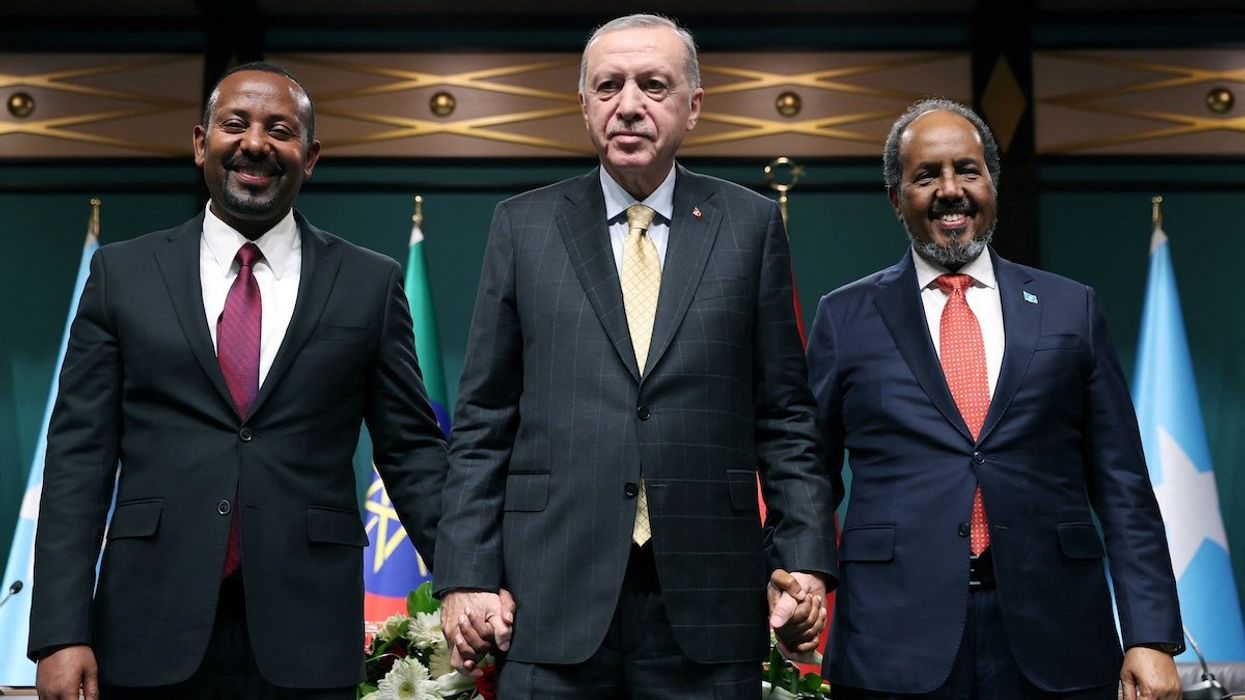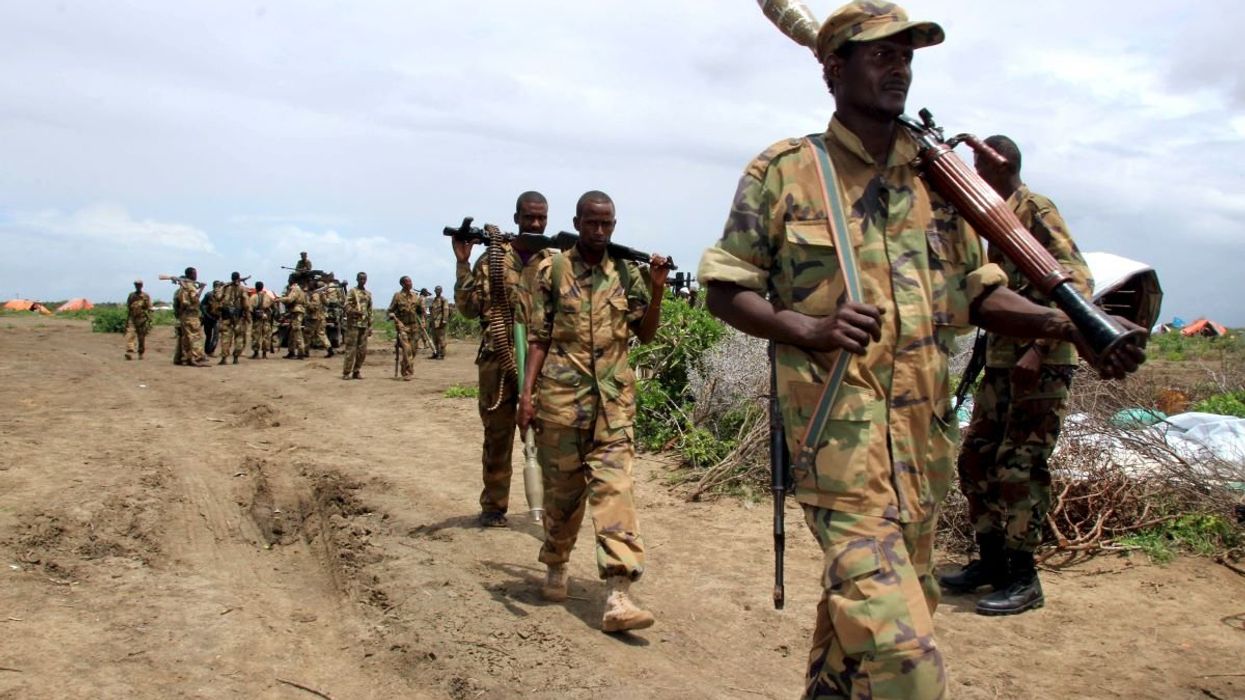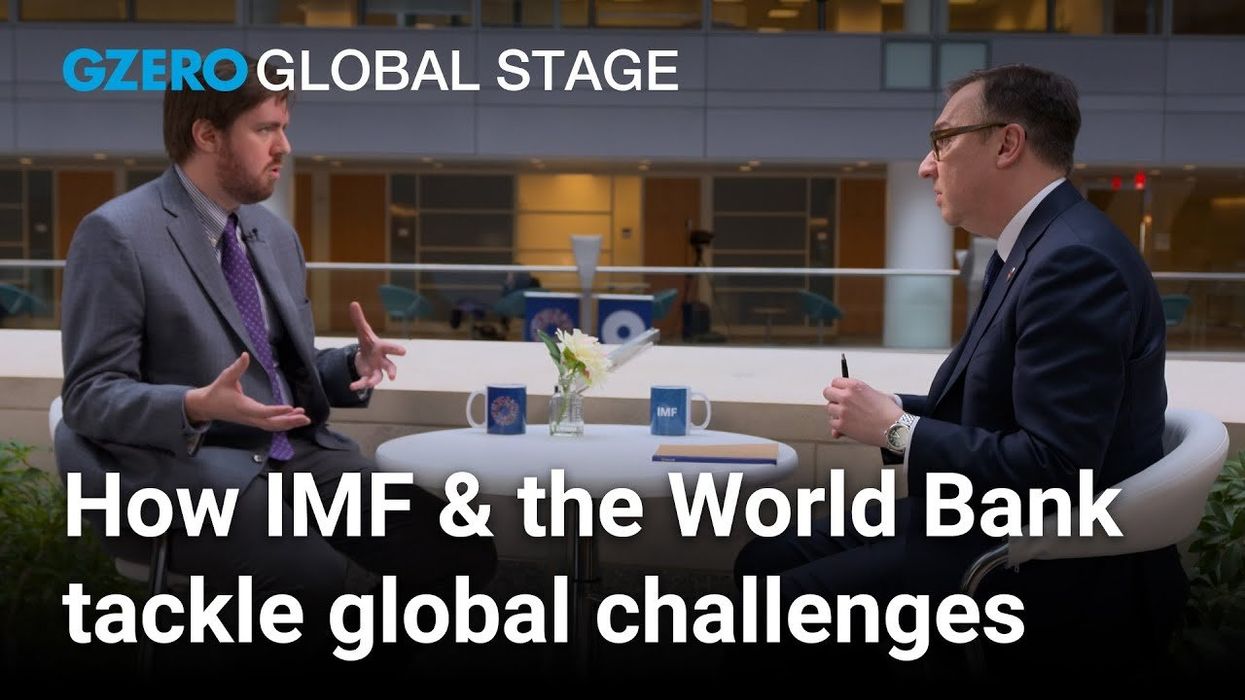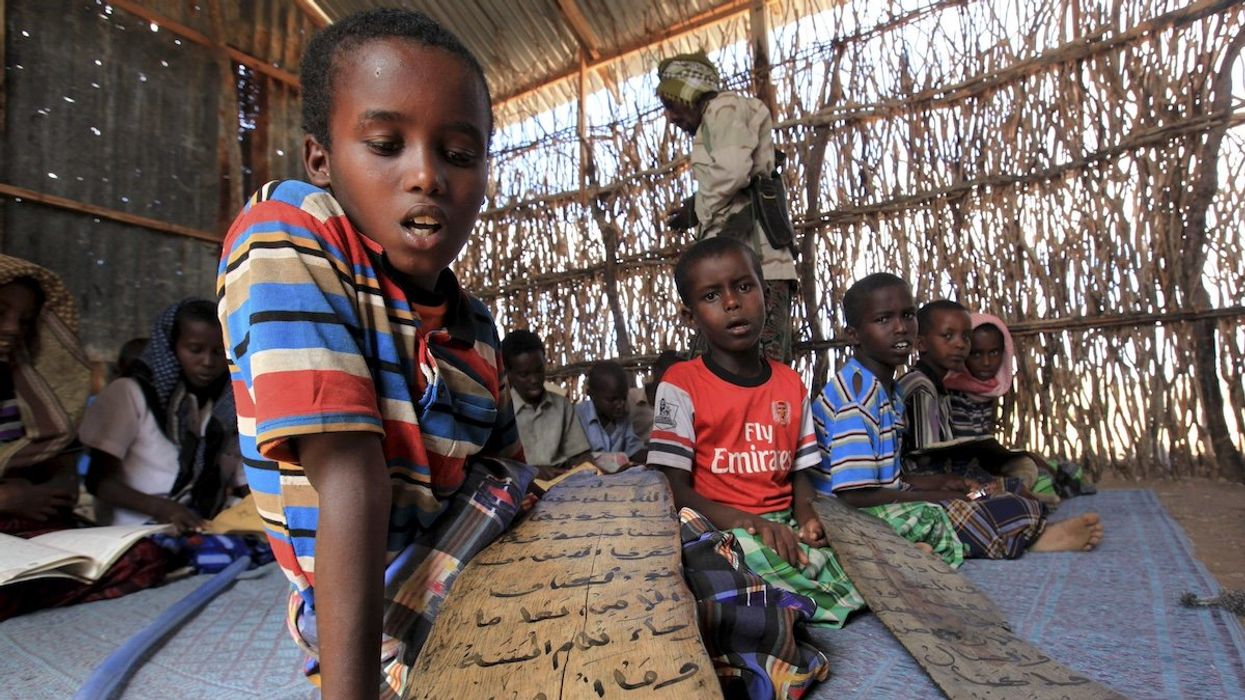Analysis
Why does a US senator want to recognize Somaliland?
Last week, US Sen. Ted Cruz (R-TX) became the latest American conservative to voice support for Somaliland, as he publicly urged the Trump administration to recognize it as a country. Doing so would come with benefits and risks.
Aug 21, 2025









